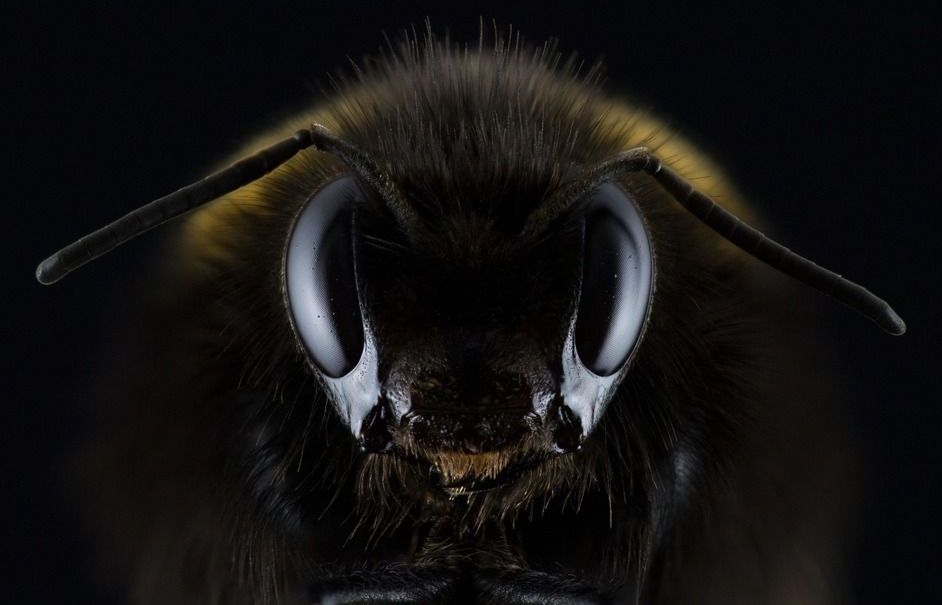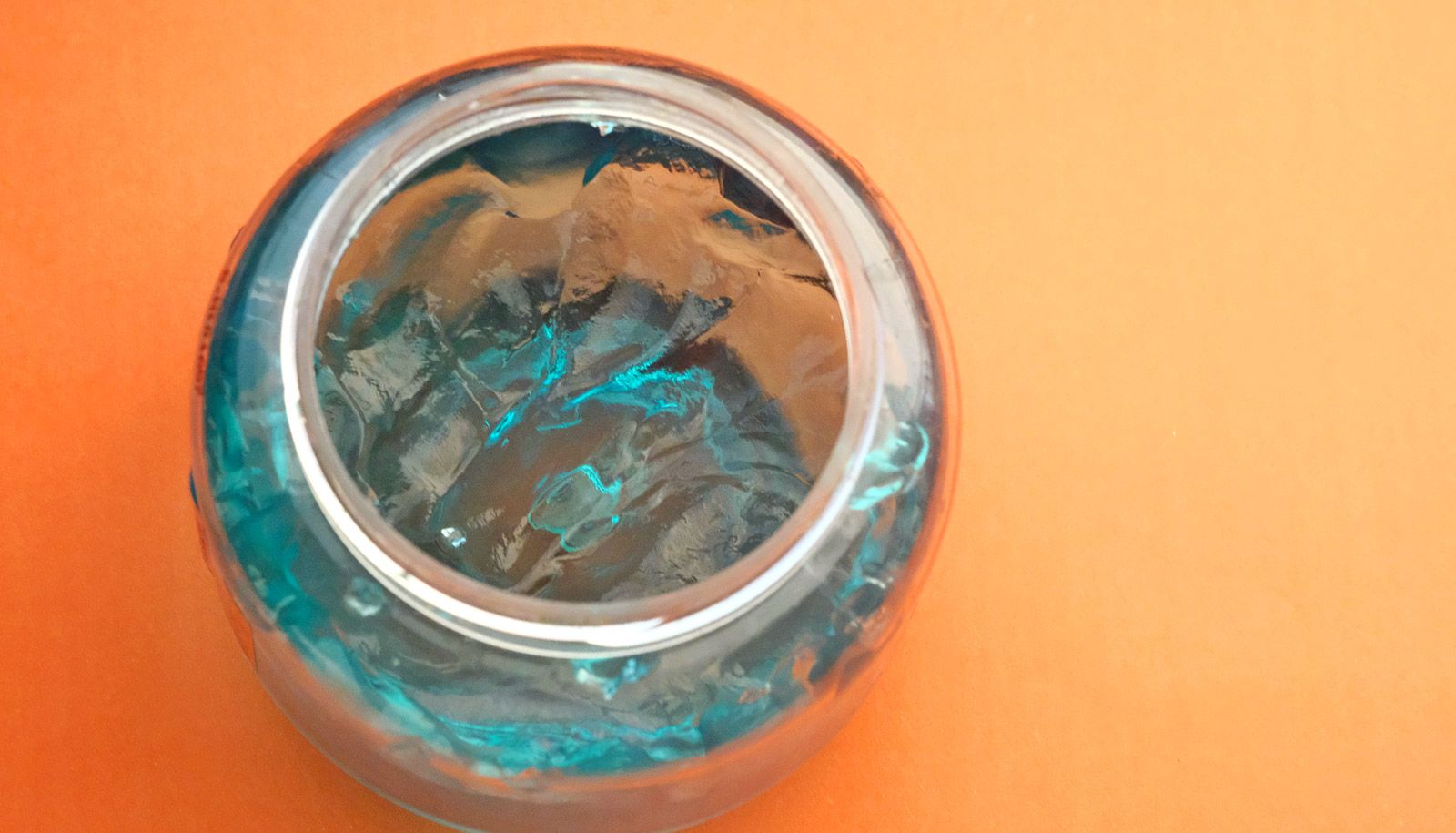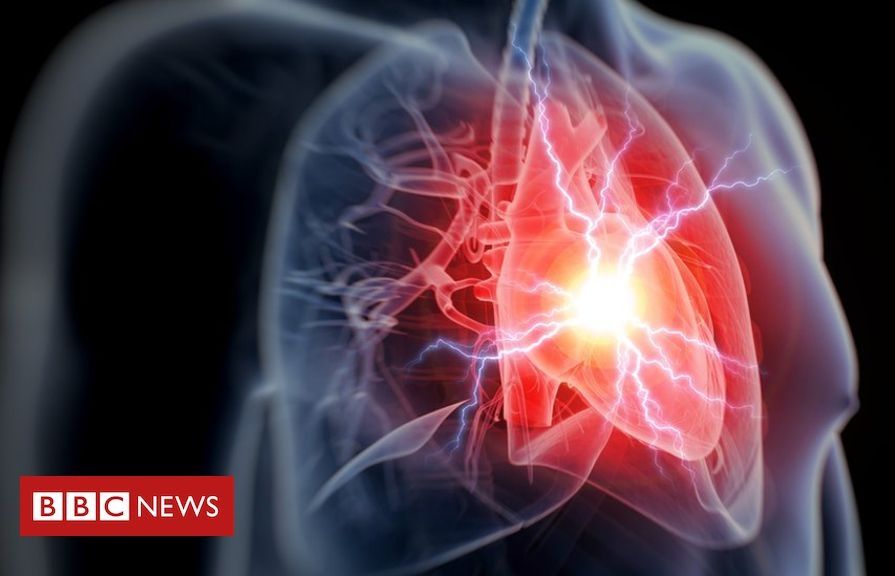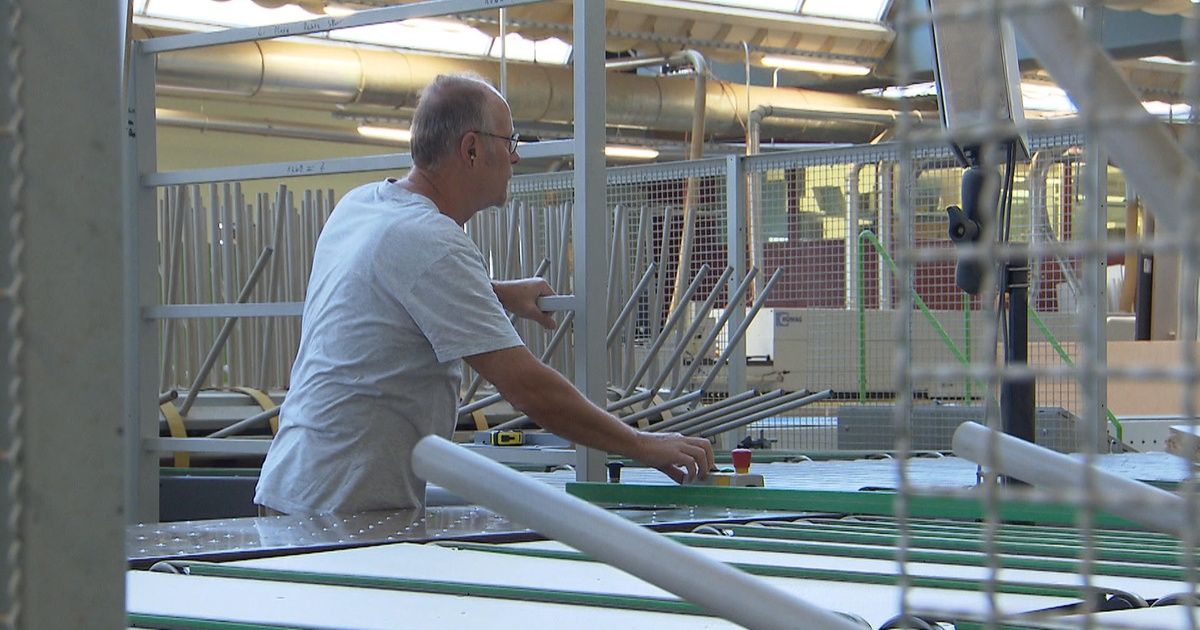Page 9749
Oct 8, 2018
Overlooked Brain Region Key to Complex Thought?
Posted by Genevieve Klien in category: neuroscience
The ornately folded outer layer of the human brain, the cerebral cortex, has long received nearly all the credit for our ability to perform complex cognitive tasks such as composing a sonata, imagining the plot of a novel or reflecting on our own thoughts.
Oct 8, 2018
Hydrogel nudges stem cells to grow into liver cells
Posted by Genevieve Klien in categories: biotech/medical, nanotechnology
The new nanomaterial-based hydrogel, which gets certain stem cells to grow into liver cells, could help people with a range of liver conditions.
Oct 8, 2018
Genetic test to detect heart attack risk
Posted by Genevieve Klien in category: genetics
The test could help explain why people with apparently no risk factors can still have a heart attack.
Oct 8, 2018
Graduate Student Solves Quantum Verification Problem
Posted by Genevieve Klien in categories: computing, quantum physics
Urmila Mahadev spent eight years in graduate school solving one of the most basic questions in quantum computation: How do you know whether a quantum computer has done anything quantum at all?
Oct 8, 2018
Engineers build smallest integrated Kerr frequency comb generator
Posted by Genevieve Klien in categories: biotech/medical, chemistry, computing, engineering, security
Optical frequency combs can enable ultrafast processes in physics, biology, and chemistry, as well as improve communication and navigation, medical testing, and security. The Nobel Prize in Physics 2005 was awarded to the developers of laser-based precision spectroscopy, including the optical frequency comb technique, and microresonator combs have become an intense focus of research over the past decade.
A major challenge has been how to make such comb sources smaller and more robust and portable. In the past 10 years, major advances have been made in the use of monolithic, chip-based microresonators to produce such combs. While the microresonators generating the frequency combs are tiny—smaller than a human hair—they have always relied on external lasers that are often much larger, expensive, and power-hungry.
Researchers at Columbia Engineering announced today in Nature that they have built a Kerr frequency comb generator that, for the first time, integrates the laser together with the microresonator, significantly shrinking the system’s size and power requirements. They designed the laser so that half of the laser cavity is based on a semiconductor waveguide section with high optical gain, while the other half is based on waveguides, made of silicon nitride, a very low-loss material. Their results showed that they no longer need to connect separate devices in the lab using fiber—they can now integrate it all on photonic chips that are compact and energy efficient.
Oct 8, 2018
Destroying Misfolded Proteins to Combat Neurodegenerative Diseases
Posted by Steve Hill in categories: biotech/medical, life extension, neuroscience
Today, we are going to be taking a look at GAIM and what it might mean for treating amyloid-based diseases, such as Alzheimer’s, Parkinson’s, and amyloidosis. This approach has the potential to treat multiple age-related diseases at once by targeting a common characteristic that they all share.
Misfolded proteins cause multiple age-related diseases
Proteins are large, complex molecules that regulate almost everything in our bodies, either directly or indirectly. They do the majority of the work in cells and are critical for the function, regulation, and structure of tissues and organs.
Oct 8, 2018
Mercedes-Benz breaks ground on new battery factory for electric vehicles in the US
Posted by Bill Kemp in category: transportation
Mercedes-Benz makes good on its previously announced $1 billion investment to bring electric vehicle manufacturing in the US – starting with breaking ground on a new battery factory in Alabama.
Last week, the German automaker held a ceremony to launch the construction of the factory, which is located seven miles from the Mercedes-Benz Cars vehicle production site in Tuscaloosa, Alabama.
Markus Schäfer, Member of the Divisional Board of Mercedes-Benz Cars, Production and Supply Chain, attended the ceremony:
Oct 8, 2018
Cleanup Begins After Ships Collide Causing Fuel Spill in Mediterranean Sea
Posted by Genevieve Klien in categories: energy, transportation
- A pair of merchant ships collided causing a fuel spill in the Mediterranean Sea.
- No injuries were reported in the collision.
- French and Italian authorities are working to contain the spill.
French and Italian maritime authorities ays they have begun cleaning up a fuel spill that has spread 12.5 miles in the Mediterranean Sea after two cargo ships collided north of the island of Corsica.
Italy’s coast guard said Monday it’s recovering some of the polluted material and monitoring the spill amid changing weather conditions.


















